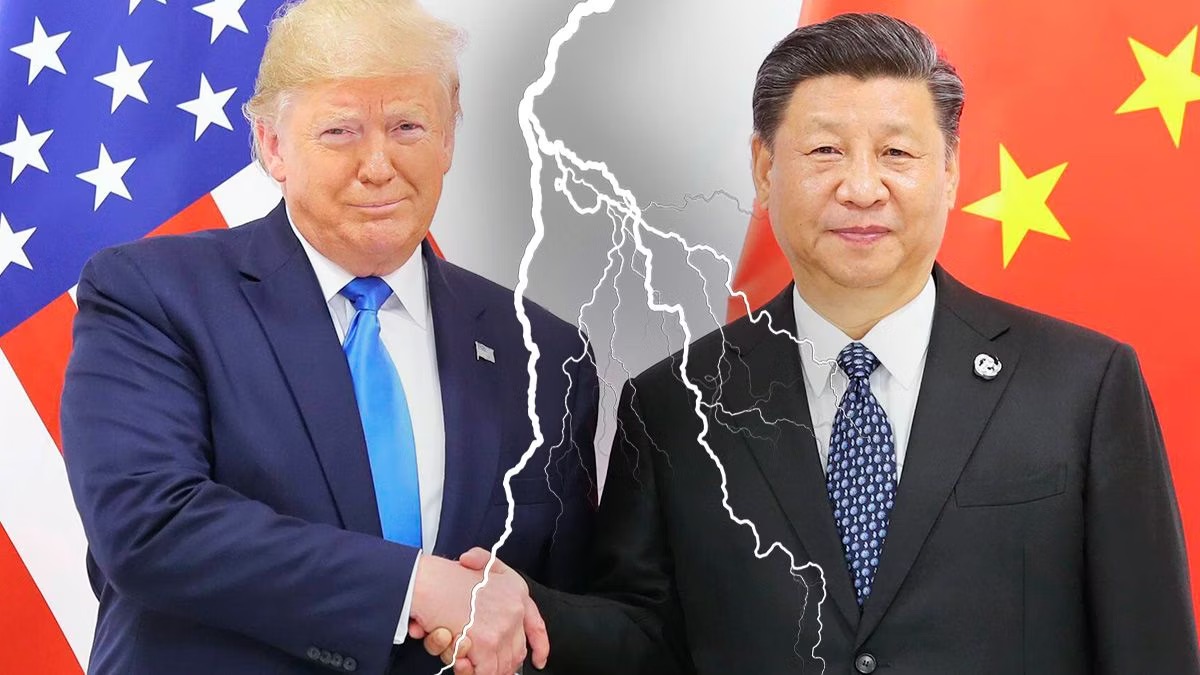
China has publicly criticized the United States for what it calls “discriminatory restrictions” in its semiconductor export controls. This comes after the Trump administration accused China of violating a preliminary trade deal between the two nations.
Liu Pengyu, spokesperson for the Chinese embassy in the U.S., told NBC News that China has repeatedly raised concerns over what it sees as U.S. abuse of export control measures in the semiconductor sector and related practices.
Trade War Escalation Over AI and Semiconductor Technologies
This dispute reflects ongoing tensions in the trade war between the U.S. and China, particularly around artificial intelligence and the infrastructure required to develop cutting-edge technologies.
The Chinese response follows a statement from President Donald Trump on social media claiming that China breached the trade agreement. U.S. Trade Representative Jamieson Greer told CNBC that China was “slow rolling its compliance.”
On May 12, the two countries agreed to a 90-day suspension of most tariffs, following a trade meeting in Geneva, Switzerland.
“China once again urges the U.S. to immediately correct its erroneous actions, cease discriminatory restrictions against China and jointly uphold the consensus reached at the high-level talks in Geneva,” Liu said.
Huawei and AI Chips at the Center of the Dispute
While the statement did not detail specific actions, earlier this month China accused the U.S. of “abusing” export controls after the U.S. banned American companies from importing or using Huawei’s AI chips.
The U.S. has imposed export limits on certain chips and related technology to China as part of a national defense strategy dating back to the Trump administration.
In 2019, President Trump restricted Huawei’s access to U.S. technology, effectively sidelining the company’s smartphone business until it could develop independent chips. In 2022, the Biden administration restricted Chinese access to Nvidia and AMD’s fastest AI chips.
These controls have tightened recently. This week, semiconductor software firms including Synopsys and Cadence Design Systems disclosed receiving orders from the U.S. Commerce Department to halt sales to China.
Nvidia’s Response and the Future of Chip Trade
Nvidia, a leading producer of advanced AI semiconductors, has criticized the U.S. export controls, warning they will encourage China to build its own chip ecosystem rather than conform to U.S. standards.
Earlier this year, Nvidia was barred from selling its H20 chip to China—a device designed to comply with the 2022 rules. Nvidia warned this restriction could cause an $8 billion sales loss in the current quarter and said it has $4.5 billion in unusable inventory.
“The U.S. has based its policy on the assumption that China cannot make AI chips,” said Nvidia CEO Jensen Huang. “That assumption was always questionable, and now it’s clearly wrong.”
The Trump administration also withdrew an expansive chip export control rule introduced by the Biden administration, known as the “AI diffusion rule,” which would have capped exports to most countries. A simpler replacement rule is expected soon.
What The Author Thinks
While national security concerns are valid, the current U.S. approach to semiconductor export controls risks accelerating China’s self-reliance in chip technology. Heavy-handed restrictions may protect American companies in the short term but could ultimately undermine U.S. leadership by forcing China to develop independent and potentially competing technologies. A more balanced, cooperative approach may better serve long-term technological dominance.
Featured image credit: Heute
For more stories like it, click the +Follow button at the top of this page to follow us.
